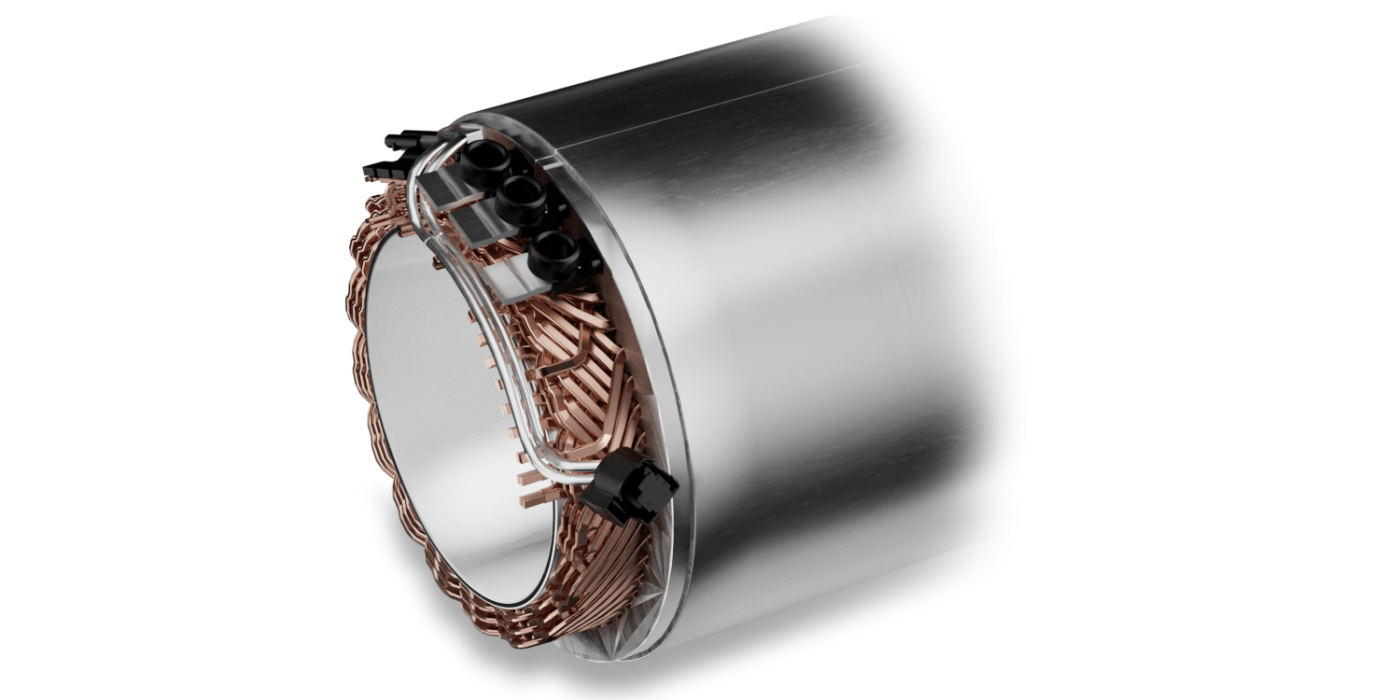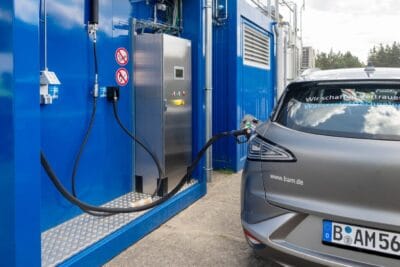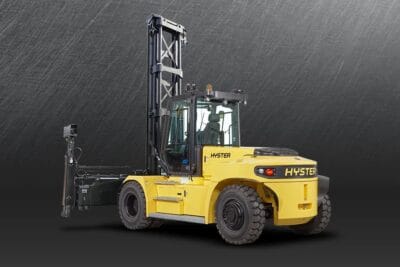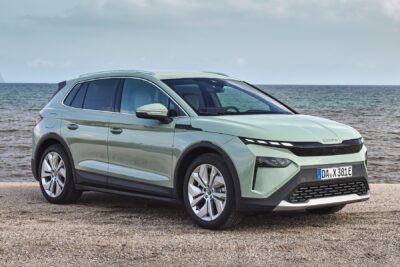ZF presents new drive series with higher efficiency and performance
The German supplier ZF has presented a new generation of electric drives for passenger cars and light commercial vehicles. With numerous innovations at the component and system level, these are to “set standards with outstanding power density and energy efficiency”.
According to the press release, these include the compact design of the drives, the so-called “discrete approach” to power electronics and a resource-saving use of materials, which should also make the production of the drives more sustainable. The new ZF drives for passenger cars and light commercial vehicles are based on a modular overall concept with electric motor, inverter, transmission and software.
Although the Group also intends to offer the components individually, the overall systems are fully integrated driveline systems. “We are focusing on three basic systems that meet our customers’ main requirements, namely efficiency, performance and cost, even in the standard version,” says Markus Schwabe, Product Line Manager Electrified Powertrain Systems. “On this basis, we can optimally implement further individual customer requirements in e-vehicles of all segments.”
Such customer requirements should be able to be met by the application engineers with their “high level of interface competence and unique know-how for driving strategies”, says the supplier. So anyone with requirements outside of the pre-assembled basic models can get that too – off-the-shelf will probably be cheaper.
“Thanks to sophisticated internal interfaces, the new, extremely compact design allows system or component adaptations to be made with little effort,” says Otmar Scharrer, head of development for electric drive technologies at ZF. “In addition, the design has very high structural rigidity, which enables superior noise behavior.”
With the so-called “discrete package technology”, ZF wants to achieve the balancing act between a high degree of component uniformity and high adaptability in power electronics. Individualisation takes place at the chip level, and the individual power semiconductor switches can be combined to form power modules. With the new approach, ZF wants to require fewer different types of components here than with conventional power modules – and thus be able to meet requirements faster and more precisely.
In the electric drive itself, the focus is on the cooling concept in order to increase the power density. In the stator, the copper rods of the braided winding technology developed by ZF have oil flowing directly around them – precisely at the point where most heat is generated during operation. With the more efficient cooling concept, it should be possible to increase the power with the same weight and installation space – or the electric drive becomes smaller and lighter with the same power. The braided winding technology is a further development of the ‘hairpin’ winding. This alone should reduce the required installation space by ten per cent, and less raw material is processed. All in all, ZF also wants to use less rare earth materials, which means that the electric motor can be produced more sustainably, according to the company.
For the new, coaxial reduction gearbox, ZF relies on its know-how in planetary gearboxes from the world of combustion engines. Two planetary gearboxes integrated into each other are not only intended to achieve the desired axle ratio, but also include the fully integrated differential function.
In addition, the system includes a DC-DC converter, which was specially developed for fuel cell drives. The converter is supposed to compensate for the low output voltage and the strong voltage drop at high load of the fuel cells. ZF states an efficiency of 99.6 percent.
The new generation of electric drive systems from ZF should be available on the market from 2025 as a complete system; ZF will bring individual components into series production earlier. “The great interest of manufacturers in our products in both the passenger car and commercial vehicle sectors is confirmed by our high order backlog in the high-voltage business,” says ZF Board of Management member Stephan von Schuckmann, who is responsible for e-mobility in the Group. “With the next generation of electric drives, we are consistently continuing our strategy of developing sustainable and efficient mobility for the future.”





0 Comments